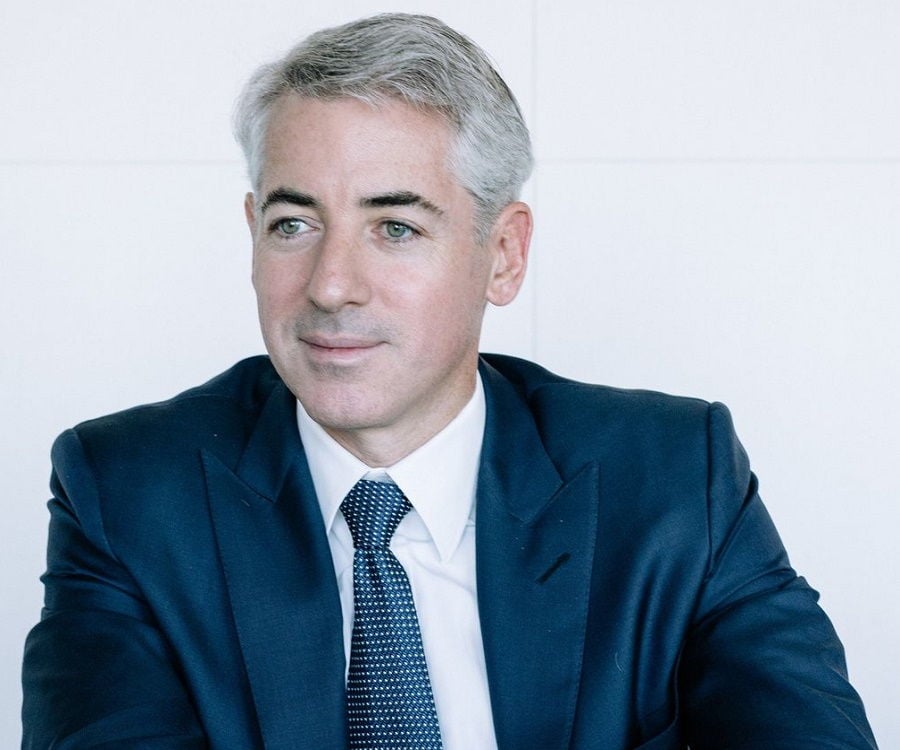


PSTH’s board of directors also includes Lisa Gersh, co-founder of Oxygen Media and former CEO of Martha Stewart Living Omnimedia. PSTH’s largest institutional investors include Guggenheim Capital, The Baupost Group and Ontario Teacher’s Pension Plan Board.

Michael Gonnella, Pershing Square Capital’s chief financial officer and Joseph Steinberg, chairman of Jeffries Financial Group, own 14,000 shares between them. Jacqueline Reses, former executive chairman of Square Financial Services, owns 50,000 shares. Michael Ovitz, CAA co-founder and former president of The Walt Disney Company, owns 250,000 shares. What’s more, Pershing Square will not exercise its warrants until three years after the deal closes, ensuring it will be a long-term shareholder in UMG or another target company if the deal falls through.įour Pershing Square directors own a total of about 314,000 shares. It closed at $25.05 on Thursday and dropped 5.3% to $23.71 in after-hours trading. UMG accounting firms each estimated UMG’s valuation at €33 billion ($40 billion). SPAC Attack: The Music Business' New Favorite IPO Strategy With PSTH, Pershing Square has warrants for 6.21% of the company, for which it paid $67.8 million, with a $24 strike price, meaning they would not be redeemable until the investors received a 20% return on their investment. investor ahead of the spin off.Īckman and Pershing Square should get a healthy payday, if the deal goes through. Vivendi has the remaining 20% of equity and revealed in May it may sell 10% to a U.S. Vivendi investors will get 60% of UMG shares in the spin off. 27, 2021, Vivendi revealed in May. For the spin off, Vivendi shareholders will get a fixed number of shares in UMG. PSTH would presumably get its equity in UMG through a private placement through Vivendi. Tencent Corp. owns 20% of UMG’s equity. The PSTH-UMG deal would be unusual because SPACs typically target companies that want to go public. The SPAC, nothing more than shell company, acquires the target in what’s called a reverse merger, thereby allowing the target to trade on a public market without going through the usual expensive, time-consuming process. In this case, Vivendi will spin off UMG on the Amsterdam Euronext exchange by Sept. It can buy an addition $2 billion of units in private placements. In addition, Pershing Square purchased $1 billion of units, each worth one share of Class A common stock and one-third of a redeemable warrant, at $20 per unit. PSTH has $5 billion available to invest in UMG through a $4 billion IPO on Sept. 11, 2020, on the New York Stock Exchange, at $20 a share and an additional $1 billion investment by Pershing Square. PSTH is sponsored by three investment funds managed by Pershing Square Capital Management, the storied New York-based hedge fund. Investor: Bill Ackman SPAC Closing In On 10% Stake “While there were transactions that were potentially actionable for PSTH during the past year, none of them met our investment criteria,” Ackman said.Universal Music's New U.S. Securities and Exchange Commission objected to the deal and Ackman put the investment into his hedge fund instead. In July last year, Ackman’s efforts to take a 10% stake in Universal Music, which was being spun off by French media conglomerate Vivendi, through his SPAC were derailed due to regulatory hurdles. “The rapid recovery of the capital markets and our economy were good for America but unfortunate for PSTH, as it made the conventional IPO market a strong competitor and a preferred alternative for high-quality businesses seeking to go public,” Ackman said. Moreover, the record-breaking performance of regular IPOs in the United States in 2021 posed competitive challenges for SPAC sponsors like Ackman, as several richly valued startups chose to list their shares on exchanges through traditional routes instead. This advertisement has not loaded yet, but your article continues below.


 0 kommentar(er)
0 kommentar(er)
